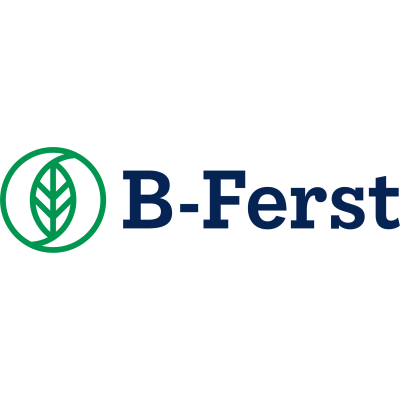
B-FERST
Bio-based FERtilising products as the best practice for agricultural management SusTainability

Bio-based FERtilising products as the best practice for agricultural management SusTainability
The B-FERST project seeks to make a significant contribution to addressing the challenges of delivering on the EU’s ambitions for sustainable agriculture. This shift will require the more efficient use of existing resources in the farming and fertiliser sectors, improved sourcing, logistics and biochemical characterisation of biomass feedstocks and improvements to the quality and fertility of soils.
This project believes that the agriculture sector in Europe needs to shift from its current “production-income” approach, which is strongly reliant on commodities such as NPK-complex fertilisers and where waste generated is unused, to a more sustainable production model based on tailor-made specialised fertilisers that can be adapted to the needs of individual farmers.
This will be based on valorising local organic waste streams from agriculture as well as the use of proximity biowastes from other industries.
The overarching objective of the B-FERST project is to integrate the valorisation of bio-wastes into agriculture management plans. It is focused on revolutionising the fertiliser value chain by creating eight specialised fertilisers. Specifically, it seeks to:
B-FERST expects to make the following specific impacts: